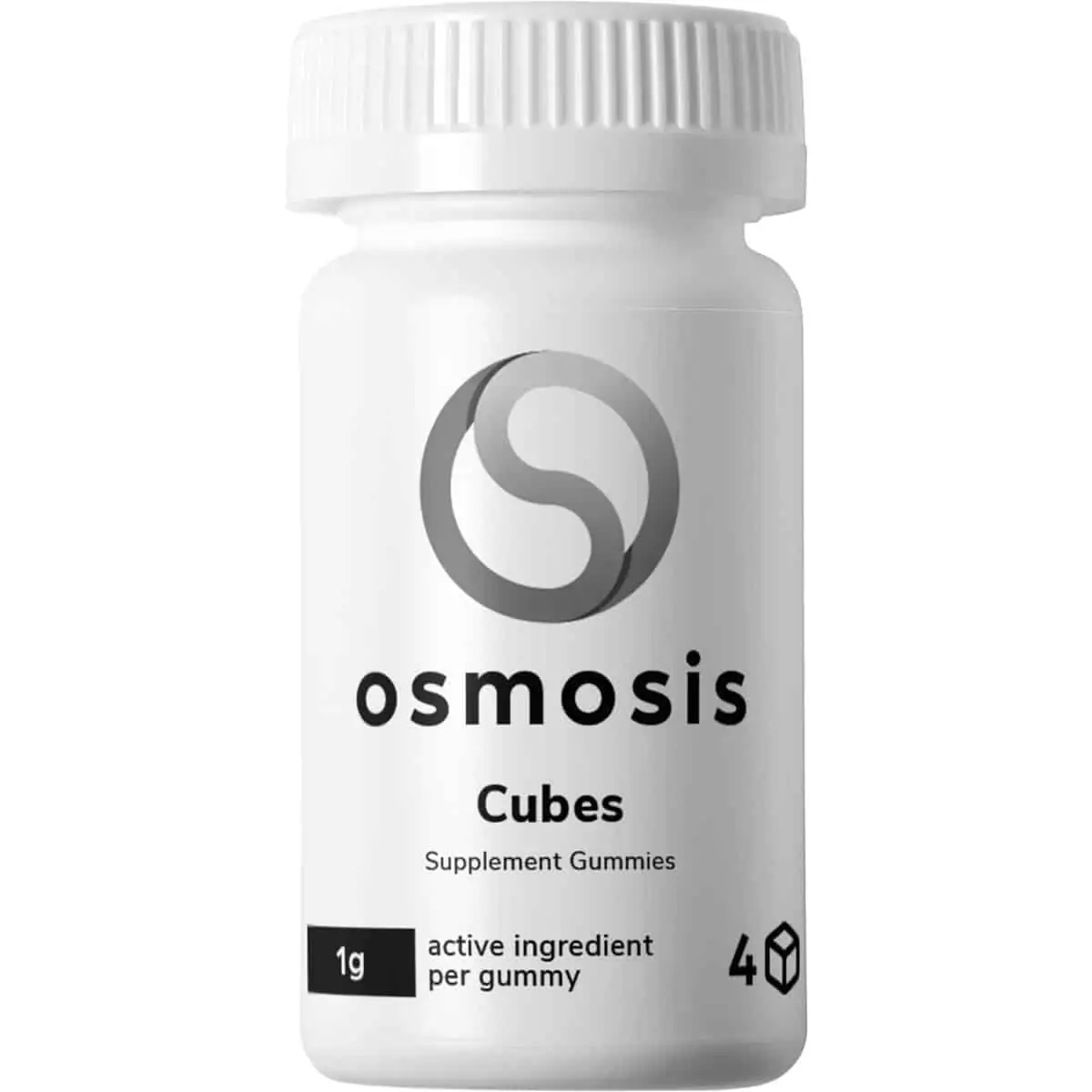Edible forest mushrooms can be a delicious, interesting, and nutritious food supplement. Mushroom hunting can also be a fun and healthy outdoor activity that allows one to touch the surrounding wild landscape. You can easily buy magic mushrooms edibles at https://3amigos.co/shop/magic-mushroom-edibles-online-canada/.
Only eats identified wild mushrooms. Only eat mushrooms that are known and preferred to eat. Experiments can be dangerous. Stick to a few species or half a dozen species and study well.

There are no simple or general rules for distinguishing mushrooms from edible ones:
- Edible mushrooms don't turn silvery black
- Magic mushrooms don't give rice, onions, or garlic a certain colour
- All poisonous mushrooms are different; there is no particular colour, texture, smell, or taste that is a sure sign that mold is safe or dangerous
- Toxic mushrooms grow in many habitats, mushrooms in wood are not always poisonous and not all mushrooms in meadows are edible.
- Mushrooms can be eaten by animals, and some animals are not affected by mushroom poisons. Animals can eat something and then die
- Mushrooms that are easy to peel are not necessarily edible
- Like any food, mold can spoil and cause food poisoning. Old, partially damaged, and poorly maintained mold causes problems.
Mushrooms should only be collected from virgin habitats. Pesticides and agricultural chemicals, petroleum products, and heavy metals are found in fungi that grow near roads or in urban, agricultural, or industrial areas. Pet litter can contaminate mold in gardens and on trails.
Mushrooms should always be prepared with care; Raw and under-processed mushrooms often cause problems. Some mushrooms, such as real morels, contain small amounts of toxins when fresh, but are safe once cooked.
